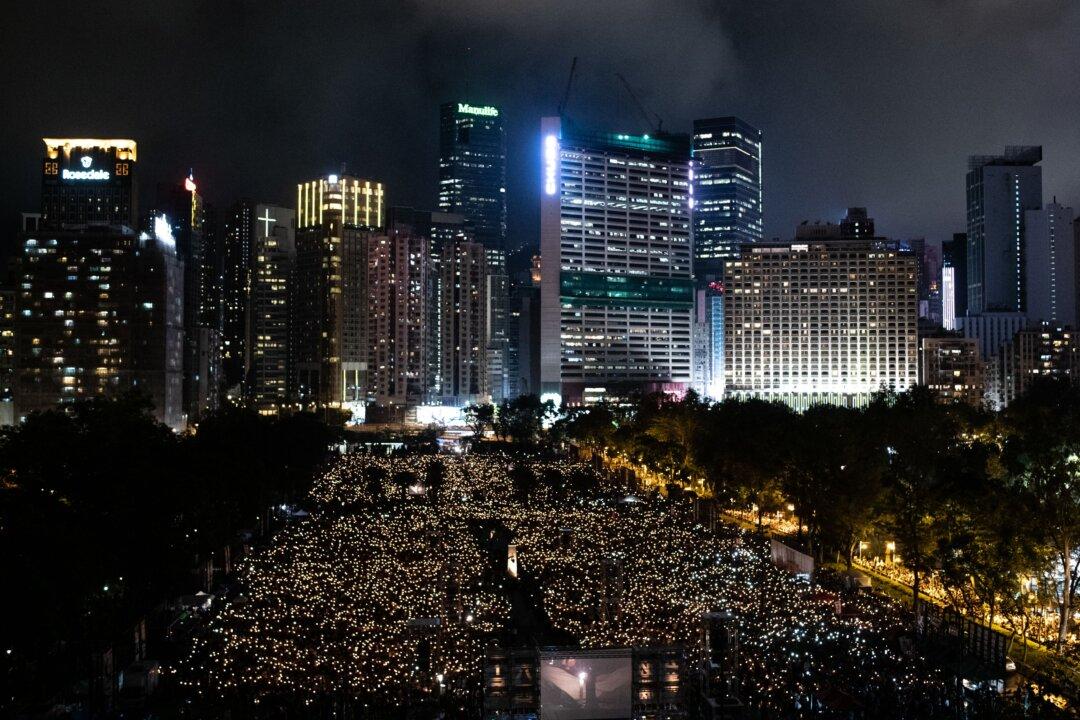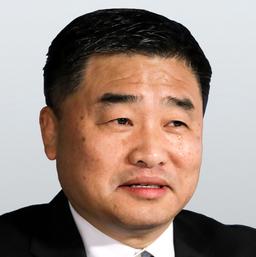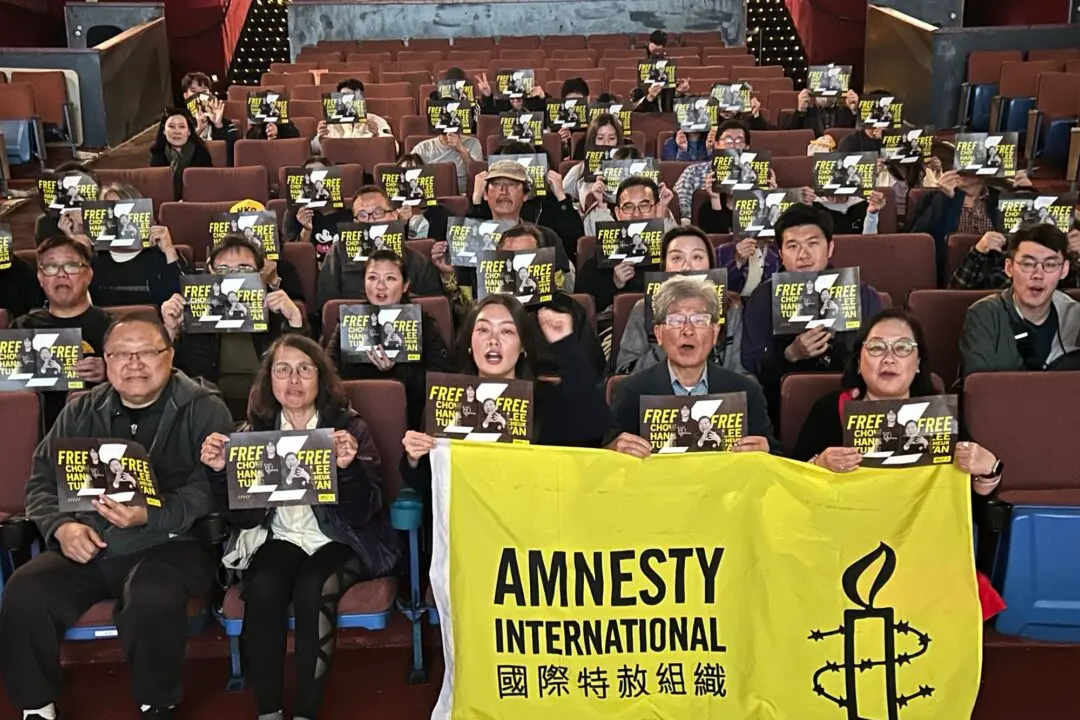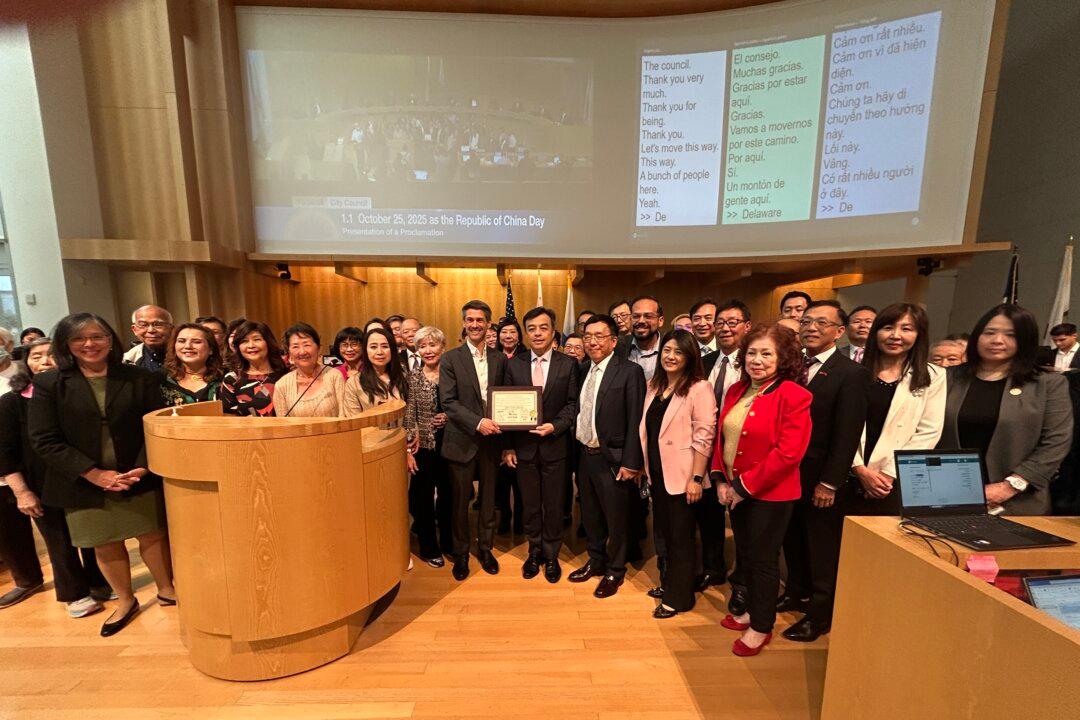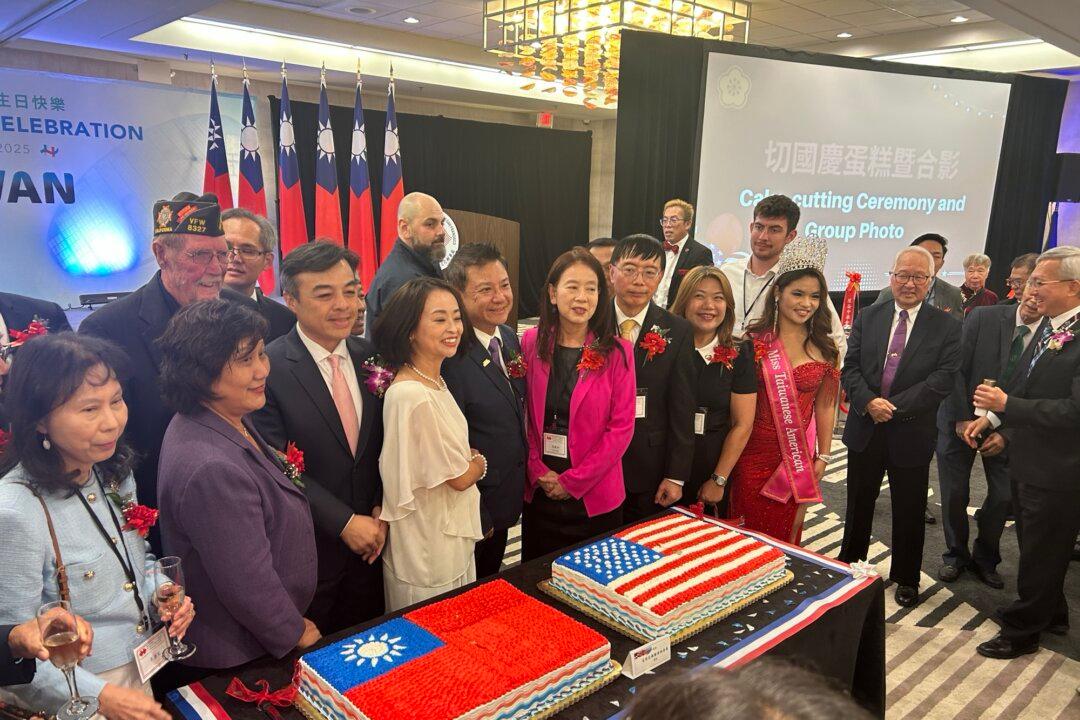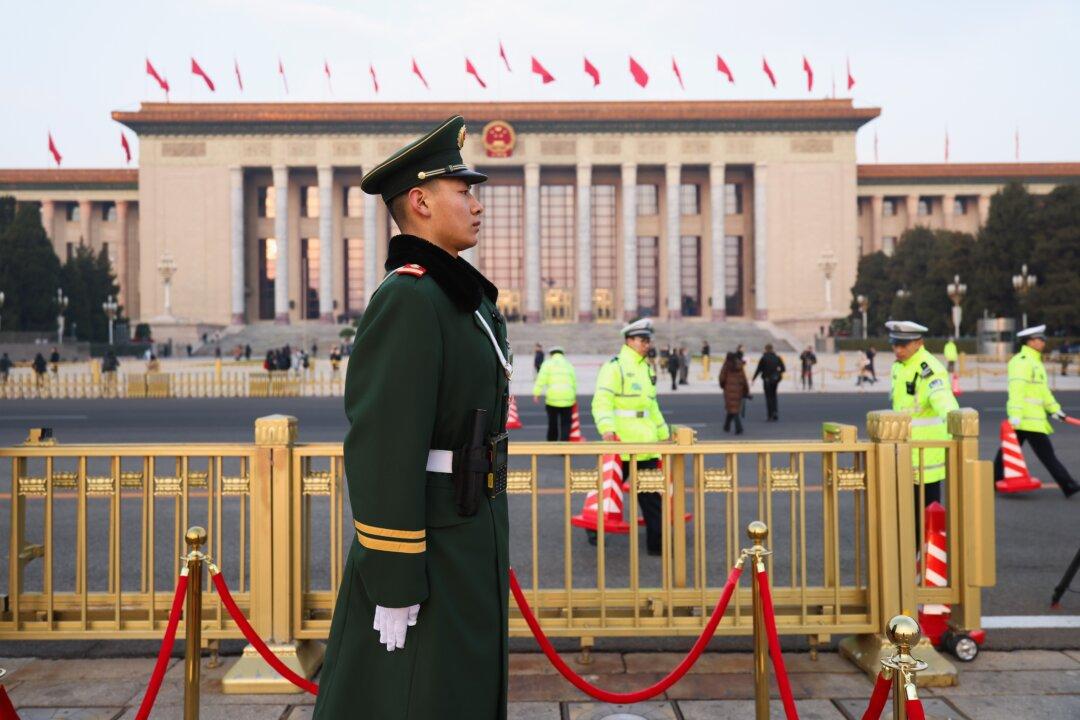While the Chinese regime’s propaganda machine is in full swing preaching the Party’s successes prior to China’s National Day, expatriate Tiananmen Square Massacre survivors are worried about the personal safety of their supporters in Hong Kong.
October 1 is China’s National Day. Each year, the Chinese Communist Party (CCP) considers the weeks around that date to be politically sensitive. It is routine for the regime to punish its opposition leaders during this time as a way to warn them to not challenge the one-Party ruling system.
